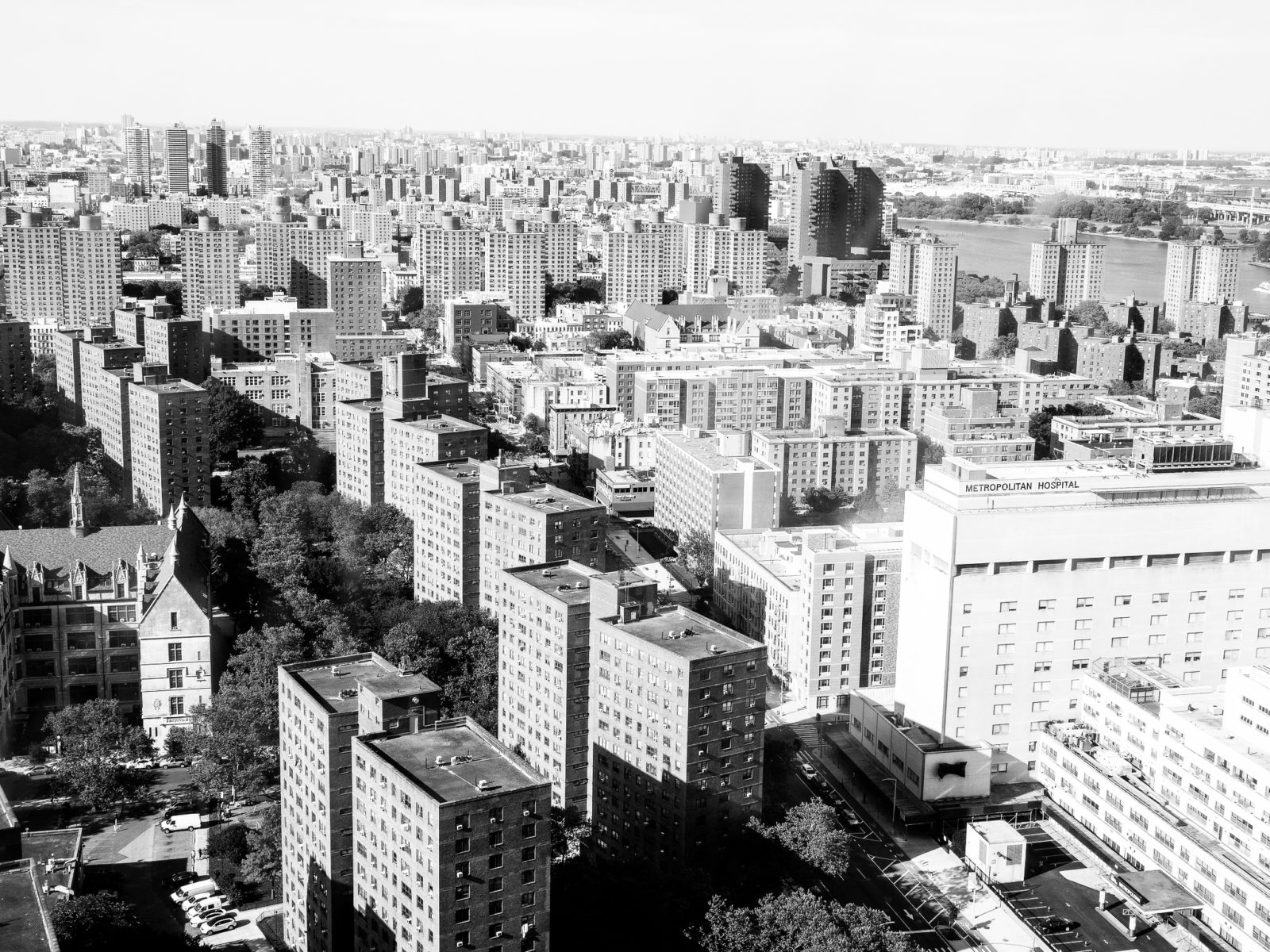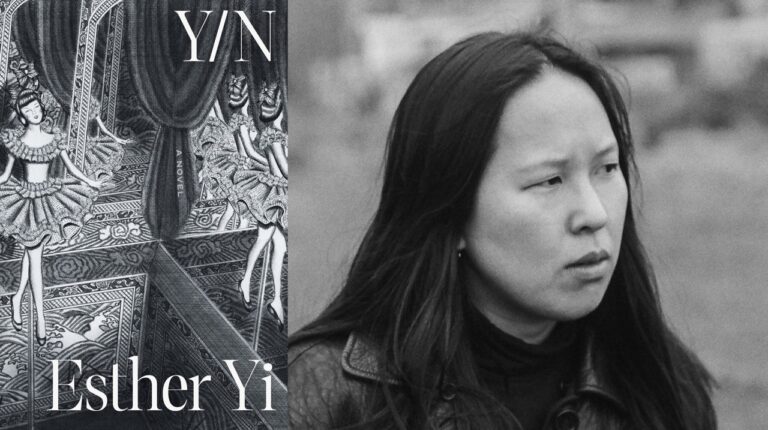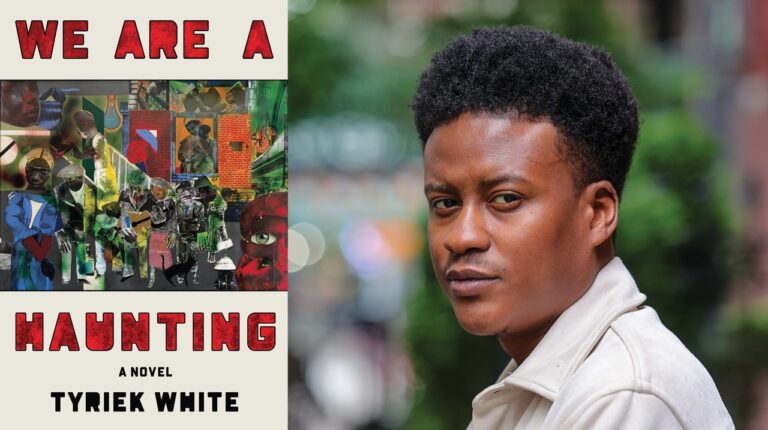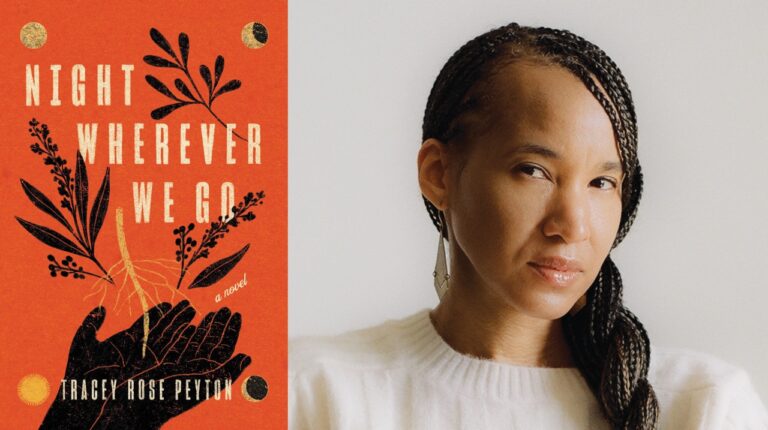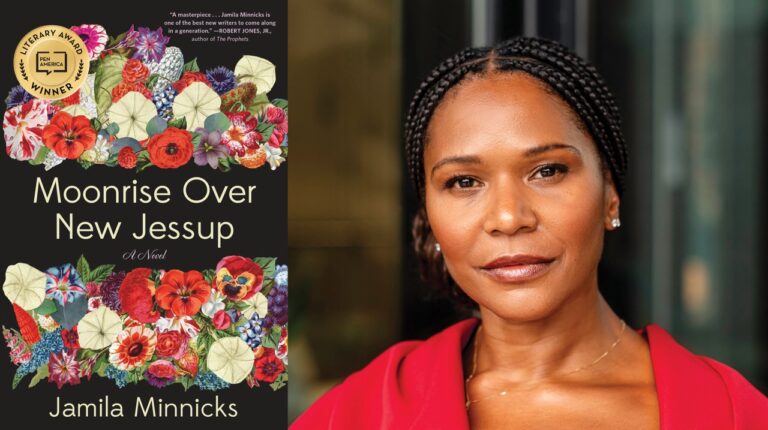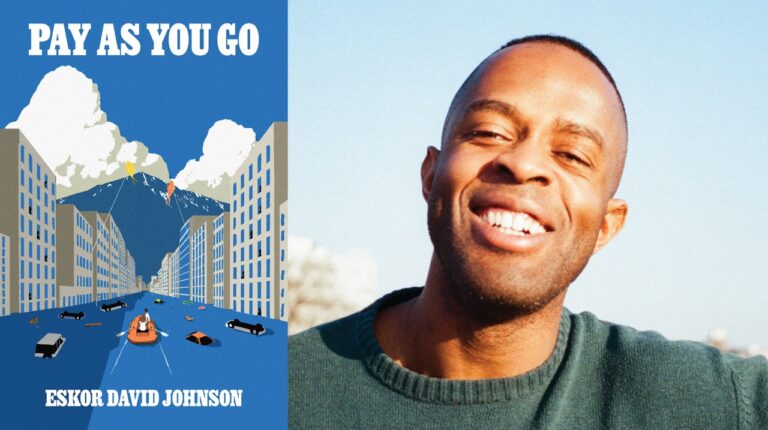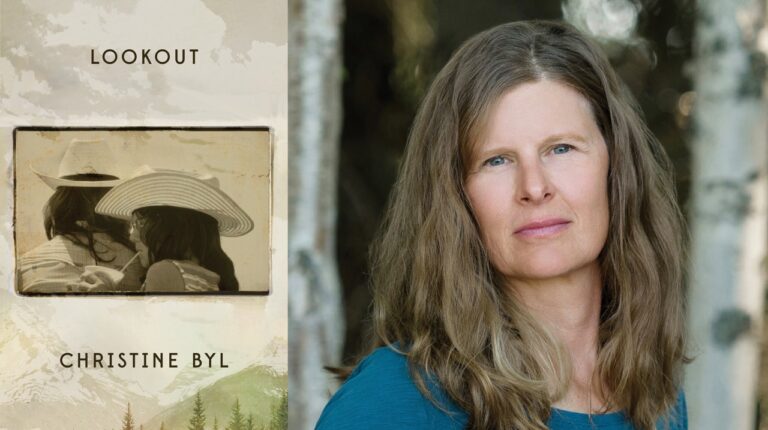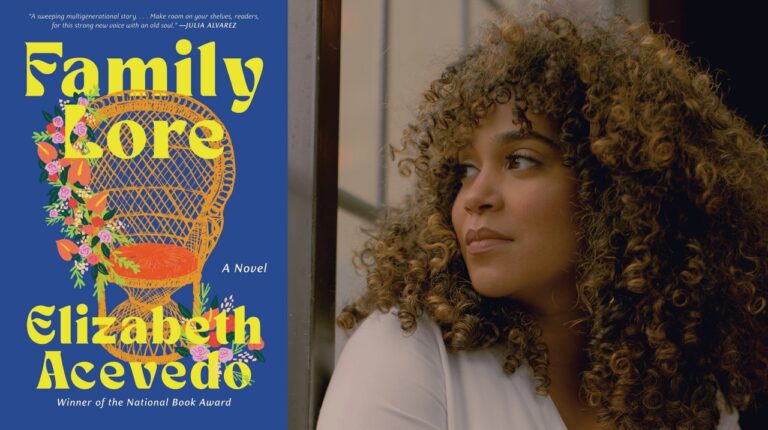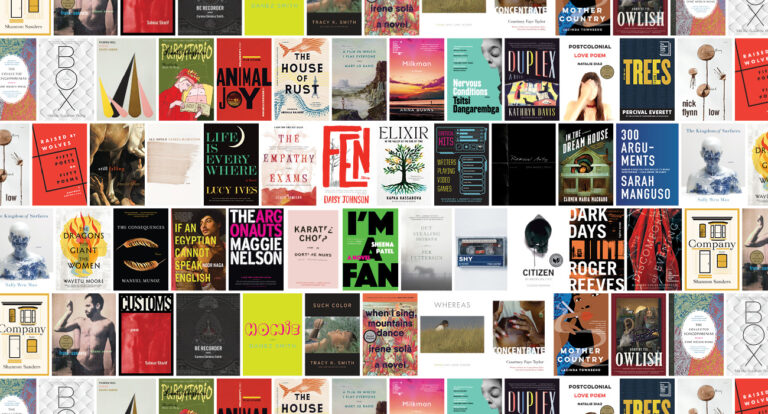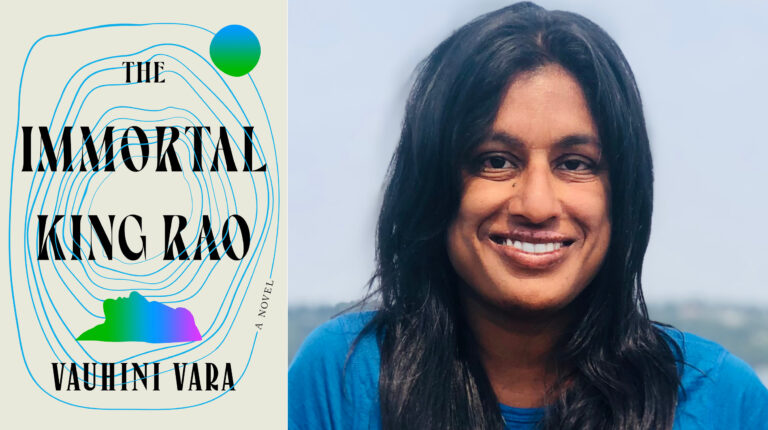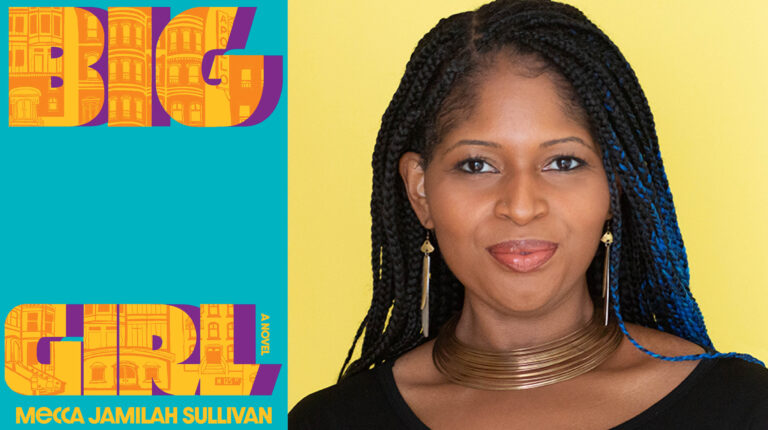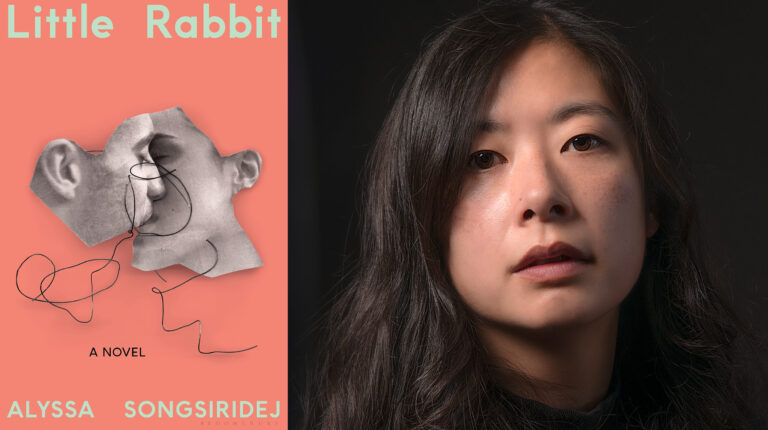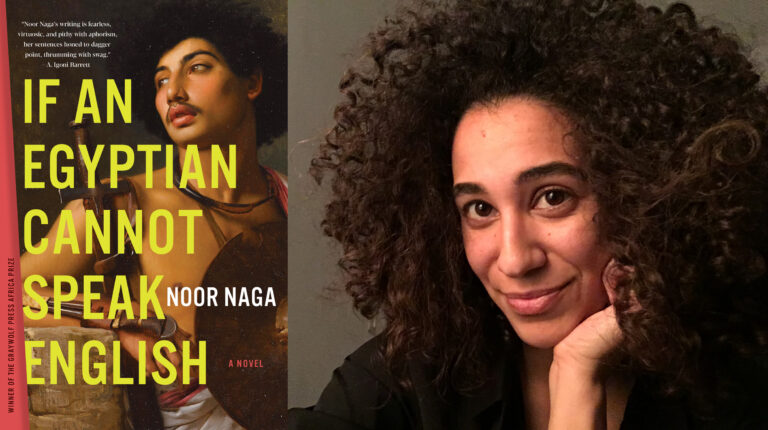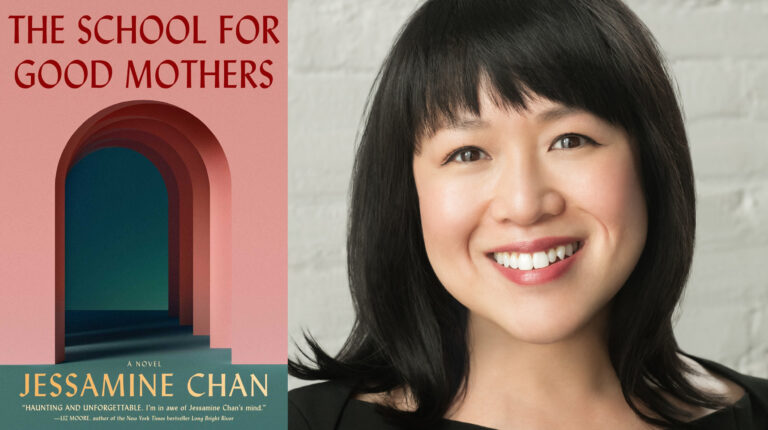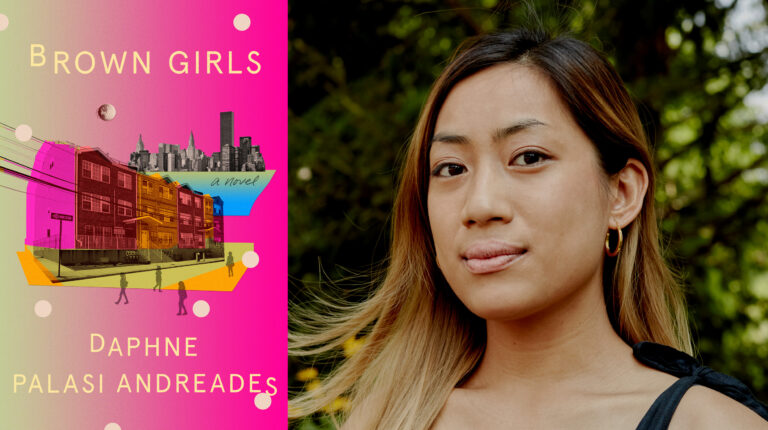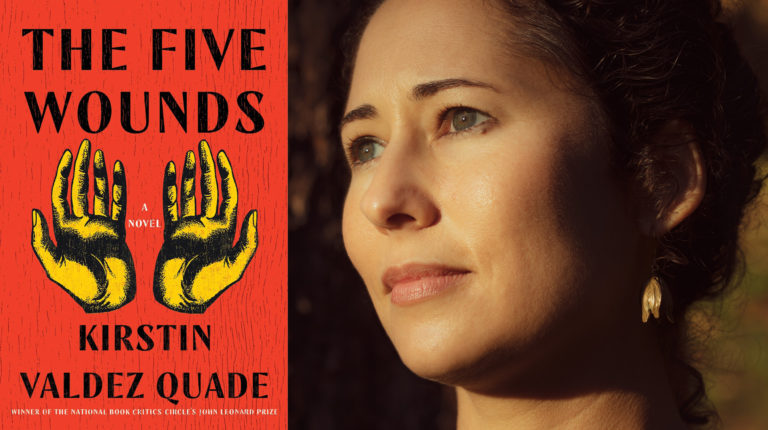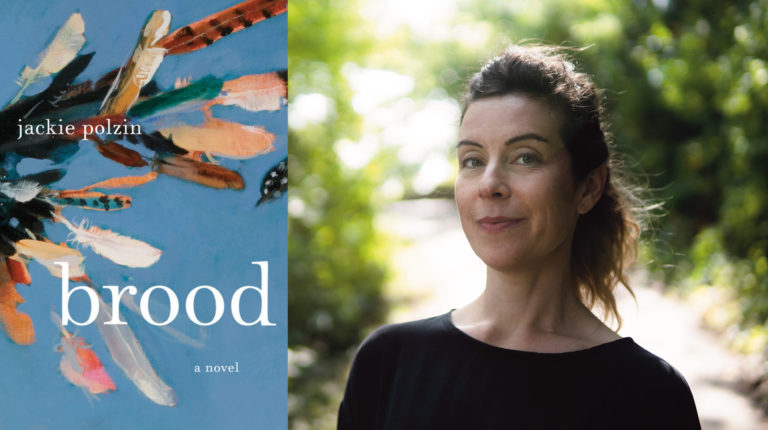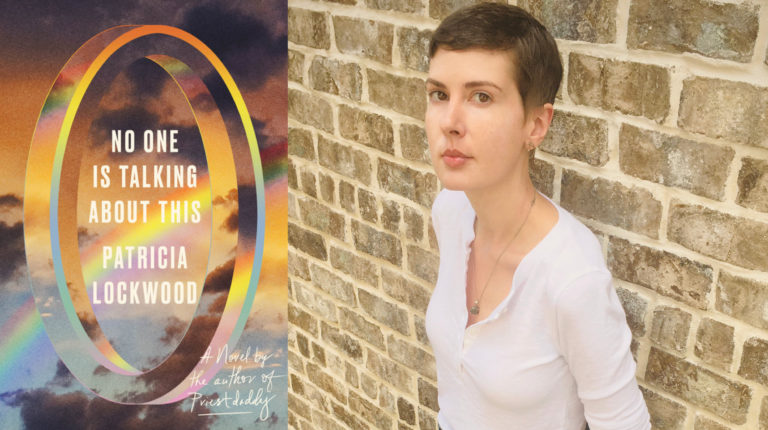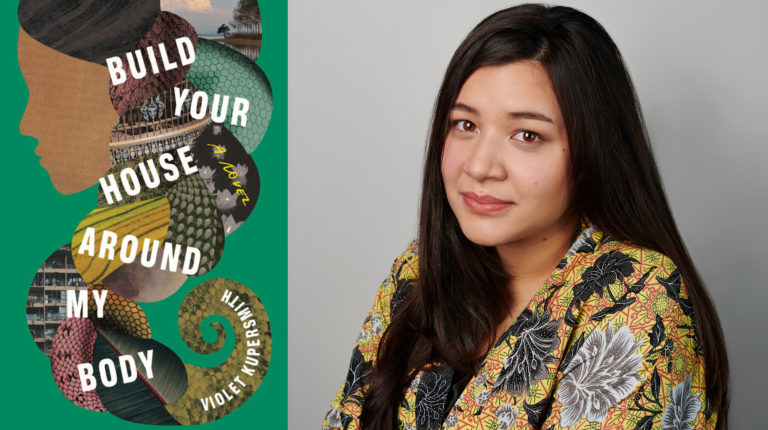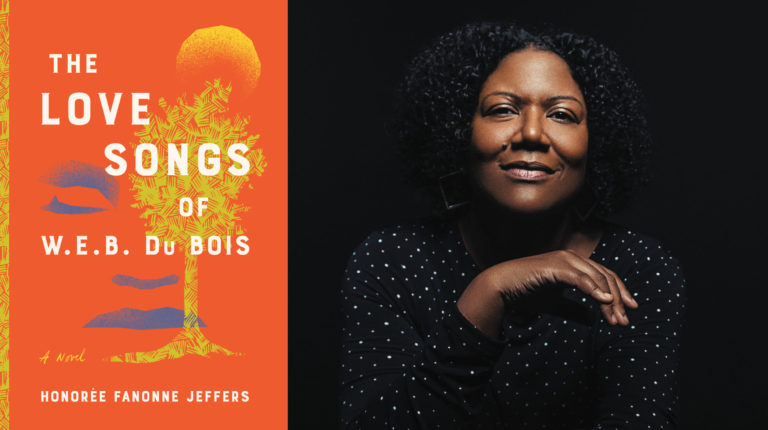As a commonwealth, Puerto Rico has a strange, strained relationship with the U.S., and Nuyoricans (Puerto Ricans who were born or lived in New York) often struggle with their sense of identity because of that.
In our upcoming reading group with Richie Narvaez, participants will explore this through four coming-of-age narratives grappling with the ideas of identity, home, assimilation, and colonization/decolonization. Learn about Richie’s selections and more below. The reading group begins Wednesday, September 30.
What made you choose these four books?
These are all groundbreaking books in their own way. Down These Mean Streets was controversial in its time and will shock and likely offend readers today, but it’s a landmark text from a Puerto Rico born and raised in New York City. When I Was Puerto Rican is the House of Mango Street for Nuyoricans, and both are iterations of A Tree Grows in Brooklyn, the story of a young girl dealing with family and poverty in a city. The Education of Margot Sanchez covers some of that ground but in more contemporary terms and a generation forward, and We The Animals works as a perfect bookend to the hardcore machismo of Down These Mean Streets.
Besides being about the Nuyorican experience, what would you say is a common theme throughout each of the books you chose?
These are all coming-of-age stories, so there are universal themes such as family struggle, independence, and beginning the quest for the self. On top of these, two or more of the books are linked by their struggles with the idea of belonging and with poverty, drugs, violence, sexuality, language, class, discrimination, and colorism.
How do you plan to structure this group and lead discussions?
I do wish we could start with drinks, snacks, chitchat, and that we could share coquito for Three Kings Day, the date of our last session! But we’ll still have some fun. For this virtual group, I’d like to start with a reading of a brief section of the book, to hear each author’s words aloud—a very different experience than just hearing them in your head. I’ll then ask some questions about the overall book before we hone in on specific passages and aspects of the book. Finally, as the sessions progress, we’ll compare and contrast and try to assess what all these books are trying to say about the Nuyorican experience and Nuyorican identity.
What do you hope the participants will learn? Or, what will they gain from reading these books at this time in 2020?
Participants will learn something about the history and culture of Nuyoricans and their struggles as inhabitants of two worlds, a state of being that I think unites many New Yorkers. I suspect there will be Puerto Ricans and Nuyoricans in the group who may already be familiar with these books but who are hungry to dissect and discuss them because they’ve never had a chance to before.
What do you love about a class that encourages close reading, particularly of classic works?
It’s fantastic! Too many people have had to rush through books in school, to get through papers and exams, and because of that those books felt like a chore and not a joy. A class like this gives people the opportunity to slow down and think about the written word, to not just consume a book and then move on. We live in an era of anti-intellectualism, and it’s more important than ever to think critically about the things we let into our brains. This is not just for the sake of becoming better citizens—I think critical thinking improves the quality of daily existence.
In your opinion, how has the Nuyorican experience affected contemporary literature overall?
The Nuyorican voice is part of the DNA of the New York poetry scene, not the least because of the Nuyorican Poetry Café, still alive after all these years in a gentrified East Village. Echoing bomba y plena traditions from the islands, Nuyorican poetry put spin on Beat lit and helped beget performance poetry and slam poetry. As Nuyorican writers wedged their feet in the gate of mainstream publishing, they have led the way for other Latinxs, particularly those Caribbean-based, Cubans, Dominicans, to tell their stories. We’re also seeing a lot more socially conscious literature being published, from many previously marginalized voices, and I’d like to think the Nuyorican experience, which has always existed alongside resistance and protest movements, has something to do with that.

